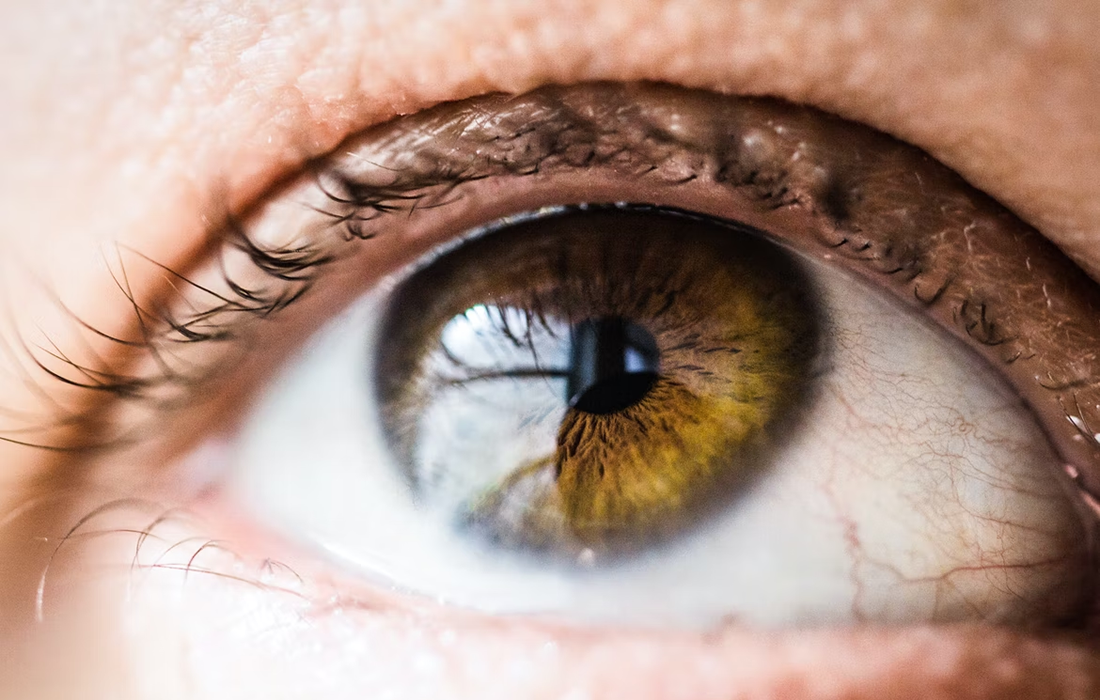Regenerative Medicine News and General Information
Not Getting Enough Sleep May be Killing Your Corneal Stem Cells
Sleep is a fundamental requirement for all animals. Appropriate quality and quantity of sleep is essential for the maintenance of mental and physical health. Due to societal pressures and light pollution, sleep deficiency has become a common public health problem, affecting approximately 10-20% of individuals worldwide, especially children and young adults.
Short-term consequences of insufficient sleep or delayed sleep cause ocular discomfort, including dryness, pain, pruritus, and hyperemia of the eye. Long-term sleep deprivation (SD) increases the risk for ocular disease conditions, especially dry eye disease, affecting 5% to 50% of the population globally.
The cornea is the clear front surface of the eye. It maintains ocular comfort while providing a physical and biochemical barrier to the eye. Stem cells within the cornea are highly organized and maintain homeostasis. In the cornea, they are referred to as limbal stem cells (LSCs).
Recently, a group of researchers found that sleep deprivation can cause the cornea to lose its ability to repair itself properly, which may lead to different conditions such as dry eye. The results appear in the journal Stem Cell Reports.
Sleep Deprivation and Corneal Damage
For the study, the team used a mice model to learn the effect of sleep deprivation and how it affected their eyes. They assessed gene expression in the mice after 2 and 10 days of sleep deprivation.
On day 2, they found that 287 genes were significantly upregulated and 88 were downregulated in the cornea of the mice, while on day 10, 272 genes were upregulated and 150 downregulated.
After 1 and 2 months of further sleep deprivation, the transparency of the cornea was reduced and the ocular surface was rougher.
One other finding that the researchers had is that using topical L-glutathione could be a therapeutic strategy to maintain ocular surface health because of its antioxidant properties for those suffering from insufficient sleep.
The study showed us once more the negative effects of sleep deprivation and leads to more insight into how the effects of sleep deprivation may be broader than previously thought.
Source:
Sanming Li, et al. Sleep deprivation induces corneal epithelial progenitor cell over-expansion through disruption of redox homeostasis in the tear film. 2022. Stem Cell Reports. DOI:https://doi.org/10.1016/j.stemcr.2022.03.017
Image from:
Photo by Vanessa Bumbeers on Unsplash

